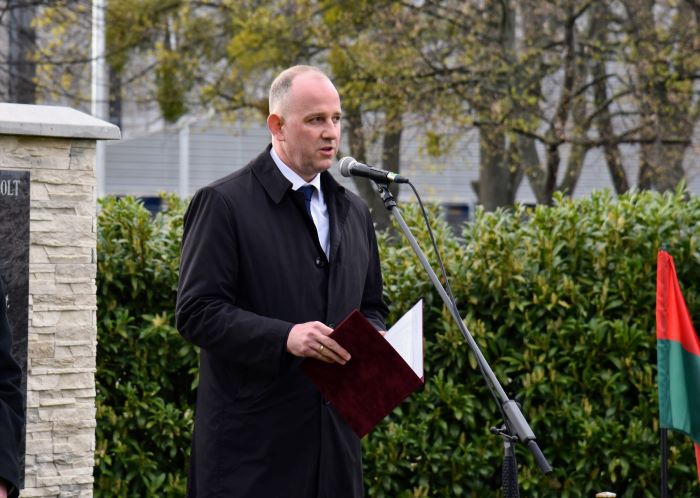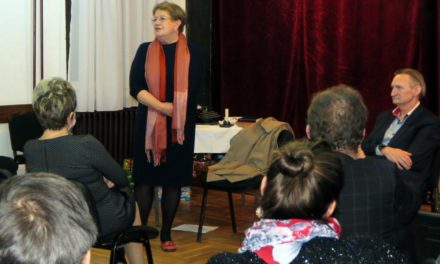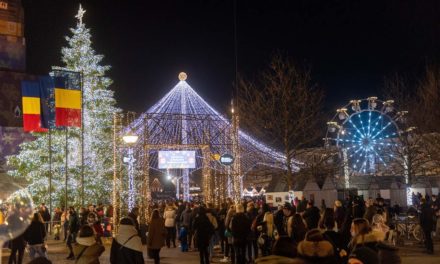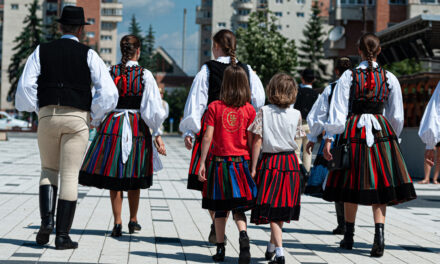It is a duty to remember and remind, because the community's memory determines the future. They are the ones who never received even a symbolic reparation, the ones from whom no apology was asked.
The only great sin of those displaced from the Uplands was that they were Hungarians and did not deny themselves - stated Csongor Csáky, the president of the Rákóczi Association in Dunaszerdahely in the Uplands, where he gave a speech at the commemoration held on the occasion of the memorial day of those displaced from the Uplands on Tuesday.
At the event organized by the Pázmaneum Civic Association, the president of the Rákóczi Association recalled: on April 12, 1947, the first train set off from what was then Czechoslovakia for Hungary with those displaced from the Highlands, those young and old who innocently became outcasts in their own homeland.
"We remember those who had one great sin, that they were Hungarians, and the majority of them were considered to be a more dominant figure in the community (.) their sin was that they did not deny themselves"
- emphasized Csongor Csáky. He pointed out: after the resettlement began, there were hardly any Hungarian families left in what was then Czechoslovakia that were not affected, or that did not lose someone. He added: after the great conflagration of the Second World War, some communities had barely recovered, those who spoke and prayed in Hungarian had to feel immediately that they were unwanted persons in the new Czechoslovak state, strangers, disenfranchised pariahs.
Speaking about the Benes decrees, which were part of the 1945 government program in Kassa, the president of the Rákóczi Association pointed out: they sealed the fate of Hungarians and Germans in the newly created Czechoslovakia, and they collectively brought deprivation of rights, statelessness and vulnerability to Hungarians as part of their class. He stated:
"Among those displaced at that time, only those who lived through the displacement as children are with us today, they are the ones who never received even symbolic reparation, the ones from whom no apology was asked".
He stated: it is a duty to remember and remind, because the community's memory determines the future, and
"we owe it to the displaced Hungarians to preserve their memory". "May the sacrifice of their memory help us preserve our self-respect and our faith in the strength of our community"
Csongor Csáky concluded his speech.
Zoltán Hájos, the mayor of Dunaszerdahely, the center of Csallóköz, also recalled what happened during the evictions at the event, and then said: in March of this year, a proposal was submitted to the Slovak legislature proposing that April 12 be declared the day of remembrance for the unjustly displaced, but the Slovak representatives decided not to even discuss the proposal. He added that he is confident that Slovak-Hungarian reconciliation can happen in the future, but this cannot happen without an apology from the displaced persons and those deported to the Czech Republic.
MTI
Featured image: Csáky Csongor / Photo: Attila Nagy / felvidek.ma













